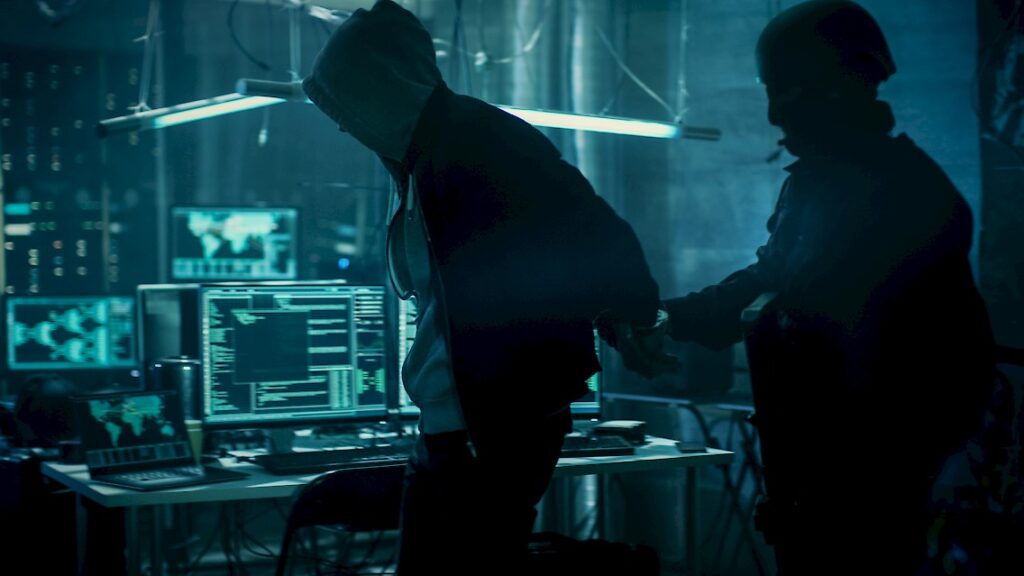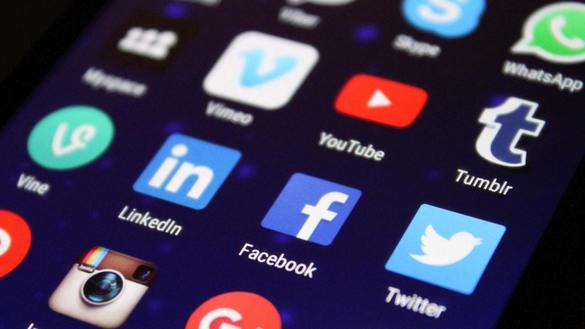Social Media Arrests in 2025 – 7 Scary Truths You Must Know
Social media has revolutionized communication—but it also exposes you to hidden legal risks. If you’re in Los Angeles and think your TikTok, Instagram, or Snapchat post is harmless, think again. With a rise in social media arrests, people are facing real legal consequences for what they post online. This blog reveals how your digital life could lead to criminal charges—and how to protect your rights. Whether you’re a student, influencer, or law researcher, understanding the dangers of a social media arrest is essential.
Table of Contents

The Digital Trap: How It Begins
Police departments in cities like Los Angeles now use AI and facial recognition to monitor social media 24/7. Algorithms scan for key phrases, visuals, and behaviors, flagging content automatically. You might never know you’re under investigation until it’s too late. A social media arrest can happen even from a video that seemed funny or harmless.
Real Crimes from Virtual Posts
Posting threats, drug use, weapons, or even viral challenge participation could land you in legal trouble. Prosecutors often use these posts as direct evidence. Participating in trends that involve property damage or reckless behavior can lead straight to a social media arrest.
Case Study: Los Angeles Teen Arrested via TikTok
In 2024, a local teen was arrested for property destruction after his TikTok went viral. He participated in a challenge that involved defacing a public structure. That video was used in court and led to a felony charge. A perfect example of how a simple post can result in a social media arrest.

Myth: Private Accounts = Safe Accounts
Wrong. Police can subpoena private messages and deleted posts. In Los Angeles, courts accept digital evidence—including screenshots, private DMs, and deleted media. Your “private” isn’t truly private—and that’s exactly how many social media arrests begin.
You’re Being Watched—Even by Your Own Followers
You may trust your audience, but anonymous reports are increasingly common. The LAPD has public portals for citizens to flag suspicious content. One report can trigger a social media investigation—and a possible social media arrest—without you knowing.
Human Error, Real Charges
In 2023, a college student from California was arrested for a sarcastic breakup post. It was taken out of context and flagged as threatening. Prosecutors argued it was a sign of intent. Emotionally charged posts often fuel social media arrests, even if you were just venting.

Prosecutors Love Digital Evidence
Why? It’s timestamped, visual, and often self-incriminating. Emojis, hashtags, comments—everything can be weaponized. In one Los Angeles case, over 40 Instagram posts were submitted to court as character evidence. That’s the new reality of a social media arrest.
Protect Yourself: How to Stay Smart Online
- Don’t post about illegal or suspicious activities.
- Avoid emotional rants that could be misinterpreted.
- Don’t rely on privacy settings—anything can be screenshotted.
- Stay informed about California digital evidence laws.
- Add disclaimers when discussing sensitive or political content.
- Don’t joke about violence, threats, or crimes.
Future Lawyers & Students: This Is Your Field to Own
Studying the intersection of free speech, criminal law, and AI policing can lead to massive legal opportunities. If you’re pursuing law, a niche in social media arrest defense may soon be in high demand.
🎥 Video Suggestion
Title: Can You Really Be Arrested for a TikTok?
Description: A short explainer video on real-life social media arrests and how to avoid becoming the next headline.
Caught on Bodycam : 6 ‘Entitled’ TikTokers Who Couldn’t Escape the Law
Final Thoughts
Social media arrests aren’t just clickbait—they’re happening right now. One post can cost you your future. Whether you’re in Los Angeles or any U.S. city, being aware of how law enforcement treats online content is crucial. Protect your digital identity. Don’t let a post ruin your life.


Leave a Reply